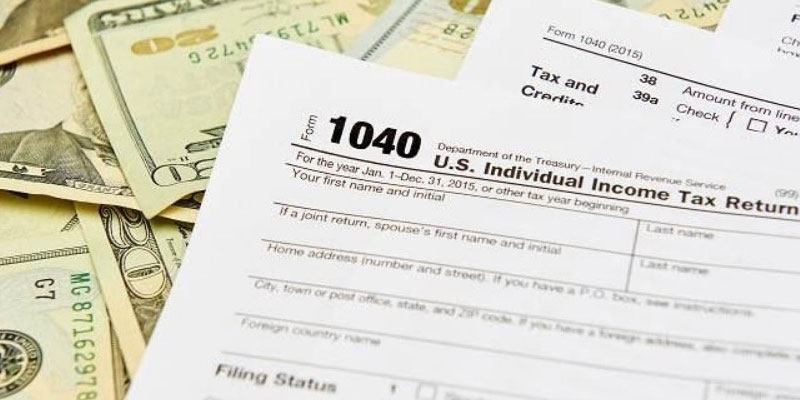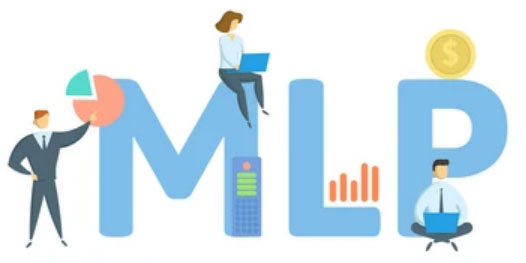Your house is more than just a roof over your head and a safe sanctuary from the outside world. Indeed, it is both of those and much more besides. Using the equity in a property to cover the cost of things like maintenance or upgrades is a viable option in the event of an emergency. Refinancing your mortgage is one way to retrieve the money you've already placed into your loan back from the bank.
One common choice is to take out a loan against one's home's equity in exchange for cash. You can receive a new mortgage and pay off your old one immediately with a cash-out refinance. Taking up a home equity loan is one option to access the money you've built up in your home's equity. These loans are similar to second mortgages but have their payment terms.
Cash-out refinancing could be the best choice for borrowers who need a substantial chunk of money immediately for major home repair projects. On the other hand, a home equity loan lets you take out a loan based on the equity in your property rather than your credit score. They come in several different flavors, and they're great for folks who would prefer to build up their emergency fund bit by bit than all at once.
Extensive Analysis of Available Refinancing Methods
Let's get down to basics. Cash-out refinancing and home equity loans are two examples of mortgage refinancing options. There are a few different ways to refinance your mortgage; cash-out refinancing and home equity loans are just two examples; before opting to pursue either, you should determine if refinancing is the best option.
Mortgage refinancing, sometimes known as a "refi," can be done in two main ways. Mortgages can be refinanced in terms of both interest rate and period, creating what is known as a rate-and-term refinance. This refinancing does not result in the creation or transfer of any new funds other than those required to cover closing costs and the principal balance of the current loan.
Why get another mortgage if you already have one?

Consequently, why do you think about mortgage refinancing? There are two key drivers: the first is to lower the mortgage payment, and the second is to release equity that has been sitting unused.
Let's say that ten years ago when you first purchased your home, the interest rate on your 30-year fixed-rate mortgage was 5%. In 2021, a mortgage will only cost you 3% per year in interest. Your monthly payment could drop by several hundred dollars, and your interest costs could go down, too, if you take advantage of those two things. Refinancing would be beneficial at this time.
You may still qualify for a home equity loan even if you are content with your existing mortgage payments and term. Even though your interest rate is modest, you may need more funds to take care of critical financial obligations like repairing a leaky roof, building a deck, or paying for a child's further education. In such a scenario, a loan secured by one's property may be the best option.
Challenges and opportunities

Before diving into your refinancing alternatives, you should ask yourself if it's a wise idea, to begin with. The advantages of refinancing are numerous. It's a gateway to gaining access to: However, you shouldn't rely on your home equity to get by in a pinch. Most banks would only give you up to 70% of your home's current market value due to the significant fees connected with refinancing.
Mortgage lender Freddie Mac recommends spending around $5,000 on closing costs. These costs include an appraisal, credit report, title services, lender origination/administration fees, survey, underwriting, and attorney fees. In addition to potential tax liabilities, you may incur closing costs equal to 2% to 3% of the loan amount when you refinance.
Staying put for at least another year after a refinance is recommended. A rate and term could be beneficial if it lowers your monthly payment by at least $100. Refinancing may not be the best option if you do not plan to remain in the house for an extended time; a home equity loan may be better due to lower closing costs.
Money-Out Refinancing
A cash-out refinance a specific sort of mortgage refinancing in which the borrower receives money over the original mortgage's principal balance without selling the underlying property. When comparing cash-out refinancing to a rate-and-term refinance, in which the principal stays the same, you will likely find that the latter requires a higher interest rate or more points.
Your loan-to-value ratio, the home's current market value, and the lender's underwriting criteria will determine how much money you can get through a cash-out refinance. The amount you owe on your present loan and your credit history will also be considered. Subsequently, the lender's offer will be based on the underwriting analysis. A consolidation loan is a new loan taken out by a debtor to pay off an existing loan; the two loans are paid back together through a new repayment agreement with consistent monthly payments.



